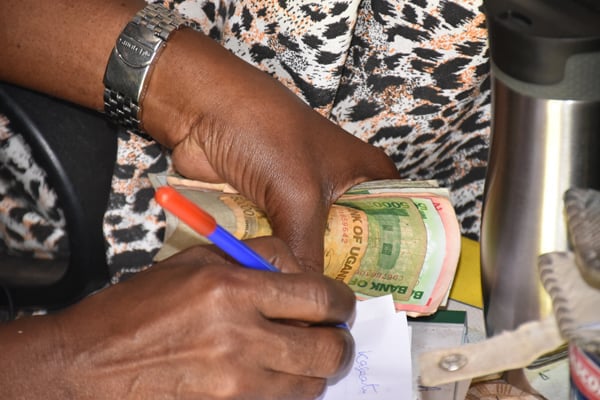Prime
Energy ministry to conduct inventory on old transformers

It is estimated that there are more than 30,000 transformers operated by both private and public energy distributors. Photo / File
What you need to know:
- The inventory will be conducted on all transformers that were manufactured before or around 1979
The Ministry of Energy has secured a $6m (Shs22.2b) facility to conduct an inventory on all old transformers that contain Polychlorinated biphenyls (PCB), a dangerous chemical that was banned in 1979 by the Stockholm convention.
PCB is mainly used in transformers as a coolant. But since 1979 when it was discovered to be cancerous, the world has been working around the clock to eliminate it.
Uganda has more than 30,000 transformers operated by both private and public energy distributors.
However, it is not clear how many of these contain PCB.
Mr Abdon Atwine, the Ministry of Energy rural electrification commissioner, said the study will thus establish the actual number of old transformers manufactured before 1979 and are still in use with the ultimate aim of replacing them.
PCB is an oil-like liquid, which, Mr Atwine noted has previously been used by some people for cooking purposes, yet it is cited as a cause of several cancers in human beings once ingested and a pollutant of both air and water of surrounding areas once it leaks to the environment.
Mr Atwine also noted that by 2025 government would have identified all the affected transformers, after which they will be disposed of at least by 2028 or before.
Once the study is completed, Uganda will be eligible to apply for more financing to dispose of the highly dangerous chemicals.
Mr Nelson Manda, a consultant with Africa Development Bank, said under the Stockholm Convention, there is a global environmental facility that provides financing for all aspects.
Under the framework transformers that will be found with less concentration will be treated on-site, while those with a higher concentration and require incineration will be exported to countries such as France, which have the technical know-how. Also as the study will include on lessons on how people should conduct themselves once power supply is interrupted.




